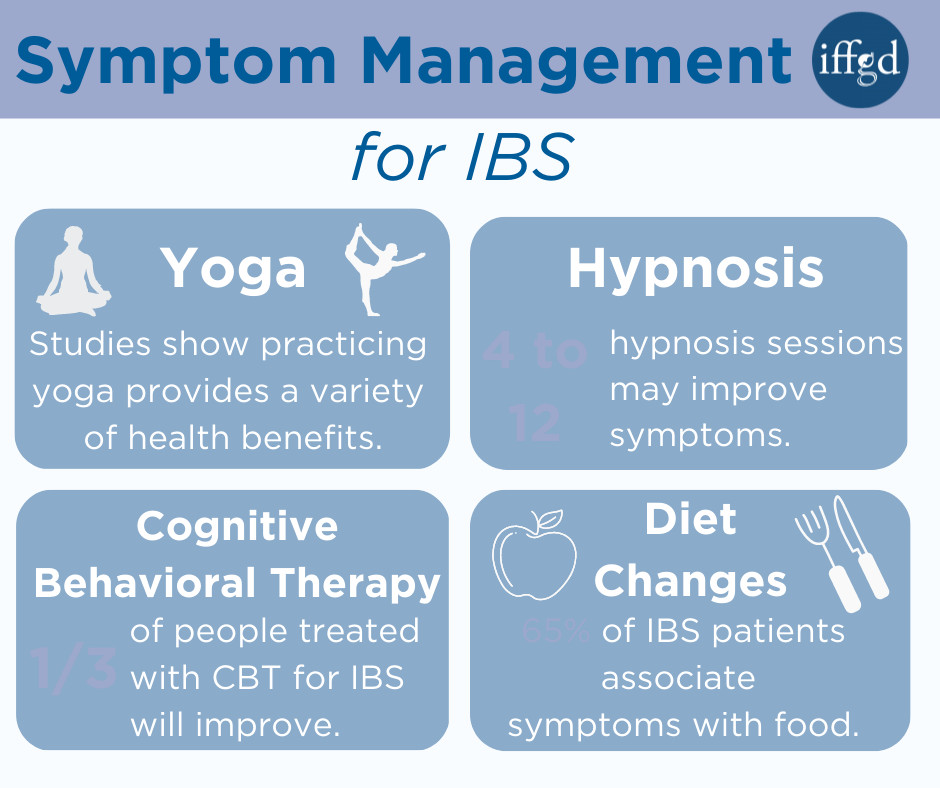Neuropathy, a condition characterized by nerve damage leading to pain, numbness, and weakness, can significantly impact quality of life. Functional nutrition, which emphasizes a holistic approach to health through personalized dietary and lifestyle strategies, offers a comprehensive way to manage and potentially alleviate symptoms of neuropathy. Here are some key considerations for incorporating functional nutrition into a neuropathy management plan.
1. Anti-Inflammatory Diet
Chronic inflammation is a common underlying factor in neuropathy. Adopting an anti-inflammatory diet can help reduce inflammation and support nerve health. Key components of an anti-inflammatory diet include:
- Colorful Vegetables and Fruits: Rich in antioxidants, vitamins, and minerals, they help combat oxidative stress. Aim for a variety of colors to ensure a broad spectrum of nutrients.
- Healthy Fats: Omega-3 fatty acids, found in fatty fish (salmon, mackerel), flaxseeds, chia seeds, and walnuts, have potent anti-inflammatory properties.
- Herbs and Spices: Turmeric, ginger, and garlic are known for their anti-inflammatory and antioxidant benefits.
2. Blood Sugar Regulation
Impaired blood sugar control is a significant risk factor for neuropathy, particularly in diabetic neuropathy. Maintaining stable blood sugar levels can help prevent further nerve damage. Strategies include:
- Low Glycemic Index Foods: Incorporate whole grains, legumes, and non-starchy vegetables that have a lower impact on blood sugar levels.
- Balanced Meals: Combine carbohydrates with protein and healthy fats to slow down the absorption of sugar into the bloodstream.
- Regular Eating Schedule: Eat small, frequent meals to maintain consistent blood sugar levels throughout the day.
3. Nutrient-Rich Diet
Certain vitamins and minerals are crucial for nerve health and can play a role in managing neuropathy:
- B Vitamins: Essential for nerve function, particularly B1 (thiamine), B6 (pyridoxine), and B12 (cobalamin). Sources include whole grains, legumes, nuts, seeds, eggs, and meat.
- Vitamin D: Supports nerve health and immune function. Get adequate sunlight exposure and include foods like fatty fish, fortified dairy products, and eggs.
- Magnesium: Helps with nerve signaling and muscle relaxation. Found in leafy greens, nuts, seeds, and whole grains.
- Alpha-Lipoic Acid: An antioxidant that can improve nerve function and reduce pain. Present in foods like spinach, broccoli, and potatoes.
4. Hydration
Proper hydration is vital for overall health and nerve function. Dehydration can exacerbate symptoms of neuropathy. Aim for at least 8 glasses of water per day, and more if you are physically active or live in a hot climate.
5. Gut Health
The gut-brain axis highlights the connection between gut health and nervous system function. Supporting gut health can positively impact neuropathy symptoms:
- Probiotics: Include fermented foods like yogurt, kefir, sauerkraut, and kimchi to support a healthy gut microbiome.
- Prebiotics* Foods high in fiber, such as garlic, onions, leeks, asparagus, and bananas, feed beneficial gut bacteria.
- Digestive Enzymes: Consider supplements or foods that aid digestion to ensure optimal nutrient absorption.
6. Lifestyle Factors
In addition to dietary considerations, lifestyle factors play a crucial role in managing neuropathy:
- Regular Exercise: Helps improve blood flow, reduce inflammation, and maintain a healthy weight, all of which are beneficial for nerve health.
- Stress Management: Chronic stress can worsen neuropathy symptoms. Practices like yoga, meditation, and deep-breathing exercises can help manage stress levels.
- Adequate Sleep: Quality sleep is essential for nerve repair and overall health. Establish a regular sleep routine and create a conducive sleep environment.
7. Supplementation
In some cases, dietary supplements may be necessary to address specific deficiencies or provide additional support for nerve health:
- B Complex Vitamins: Particularly if dietary intake is insufficient or absorption issues are present.
- Alpha-Lipoic Acid Supplements: Can provide higher doses than what is typically obtained through diet.
- Magnesium Supplements: For those who struggle to get enough through food alone.
Conclusion
Functional nutrition offers a holistic and personalized approach to managing neuropathy. By focusing on an anti-inflammatory diet, blood sugar regulation, nutrient-rich foods, hydration, gut health, and supportive lifestyle practices, individuals can support their nerve health and potentially alleviate symptoms of neuropathy. Always consult with a healthcare professional or a functional nutrition practitioner before making significant changes to your diet or supplement regimen.







0 Comments